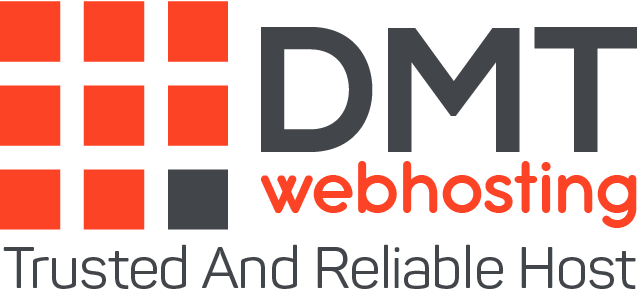What is SSL?
SSL is an acronym for Secure Sockets Layer. SSL provides a secure connection, allowing you to transmit private data online. Sites secured with SSL display a padlock in the browsers URL and possibly a green address bar if secured by an EV SSL certificate.
The SSL protocol is used by millions of e-Business providers to protect their customers ensuring their online transactions remain confidential. In order to be able to use the SSL protocol, a web server requires the use of an SSL certificate.
Sites will get SSL encryption to cover any area that involves an exchange of data including login boxes, credit card payments, or any personal information. All web browsers have the ability to interact with SSL secured sites so long as the sites SSL is from a recognized Certificate Authority, such as Comodo.
Why do I need SSL on My Site?
The Internet has successfully created many new global business opportunities for enterprises conducting online commerce. However, that growth has also attracted fraudsters and cybercriminals.
The increasing awareness of online fraudsters and cybercriminals has presented an opportunity for e-Commerce providers to capitalize on consumer fears by displaying trust indicators. Just like the real world, people need to be confident before they proceed down an unknown path.
How Does SSL Work?
When an SSL Digital Certificate is installed on a web site, users can see a padlock icon at the bottom area of the navigator. When an Extended Validation Certificates is installed on a web site, users with the latest versions of Firefox, Internet Explorer or Opera will see the green address bar at the URL area of the navigator.
Users on sites with SSL Certificates will also see https:// in the address bar during an e-commerce transaction.
The difference between DV and OV certificates
We know that SSL certificates can be divided into three types: DV, OV and EV. In this article, we will focus on the first two types of certificates, DV and OV. We will explain how they differ and when you should choose DV over OV.
DV certificates (domain validation). This is the most basic level of SSL validation. The Certification Authority (AC) only verifies that you own a specific domain using the information contained in the WHOIS database. Naturally, this type of certificate enables secure encryption of data on your site but does not verify that you are a legitimate business owner. It is legitimate and, even more important, it is a very quick solution to protect your site with HTTPS. Customers who see the padlock in their browser will have more confidence in your site than before because the padlock is a recognized sign of legitimacy.
Example of a DV certificate:
A DV certificate is fine when security is not an issue; however, attackers can also use DV certificates on phishing pages. Unsuspecting users see the trust padlock and enter their personal data on the page, which can later fall into the hands of scammers. Just because the data channel is secured doesn’t necessarily mean the data will go to the right people. A user has to be sure that the site belongs to a legitimate company if he wants to make a purchase or enter important information.
For this reason, if security is a must for your website, we recommend an OV certificate.
OV certificates
OV (Organization Validation) certificates are necessary for companies and organizations where users must enter confidential information (credit card numbers, contact information, etc.). In particular, they are useful for e-commerce or online sales sites. An OV certificate authenticates the site owner and requires legitimate business information for that company. The validation process for these certificates is longer and more detailed. The Certification Authority verifies not only the fact that you are the owner of the domain but also the fact that you are the owner of the company. The company must be included in a business registry database and in a trusted online directory. Scammers cannot obtain an OV certificate, as their organization cannot be validated. The main advantage of obtaining an OV certificate is that your company name appears on the certificate.
Example of an OV certificate:
The difference between DV and OV certificates
You should consider changing from a DV certificate to an OV if:
- you need to protect confidential user information
- you want to display your company name in a certificate (provides more trust among users)
- you are thinking of expanding your business and growing it to a new level
- you want people to know that the site is a legitimate organization and not a phishing site
If you want to change from a DV certificate to an OV one, do not hesitate to contact our experts at DMT web hosting. Our knowledge, experience, and streamlined process for dealing with certification authorities will make issuing an OV certificate easy and convenient.
About the author
DMTwebhosting.com’s Editorial Team prides itself on bringing you the latest web hosting news and the best web hosting articles!
You could also link to the news and articles sections:
